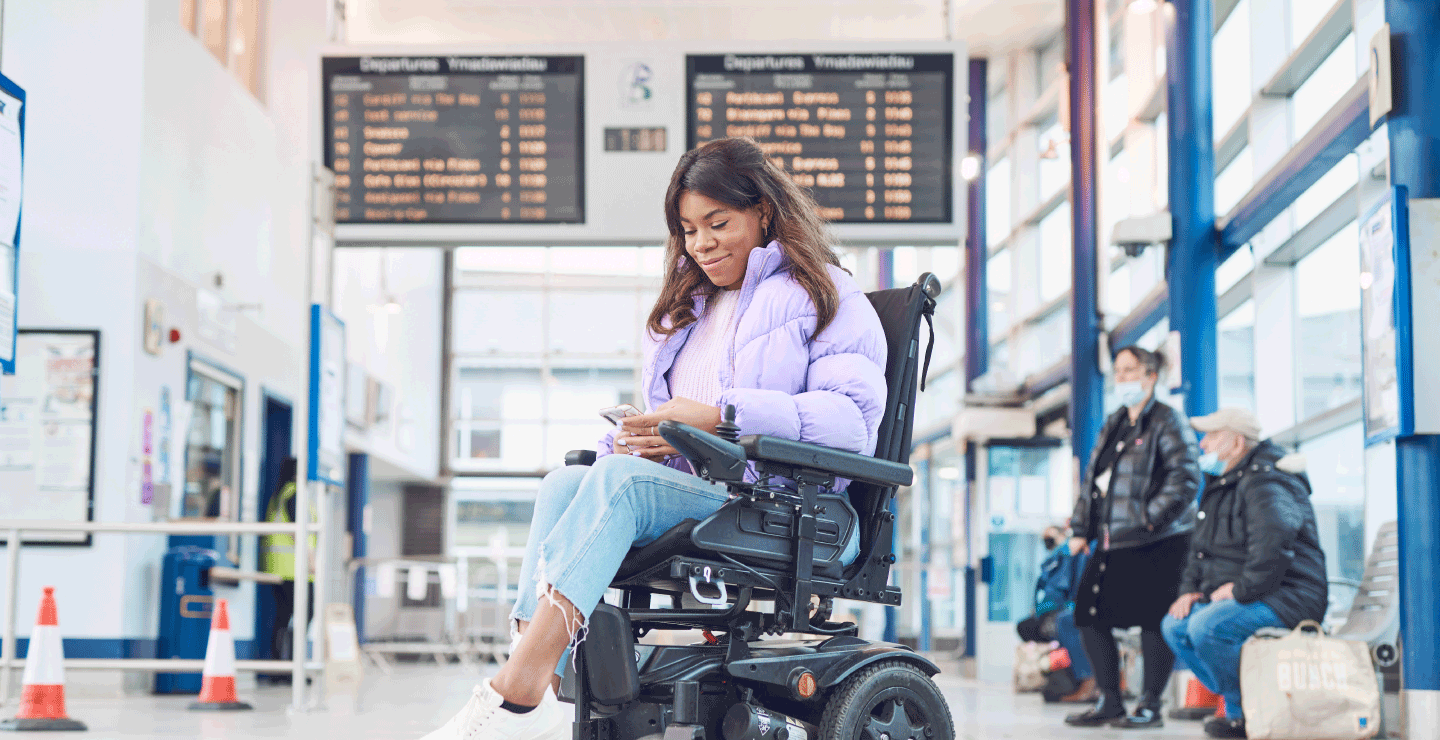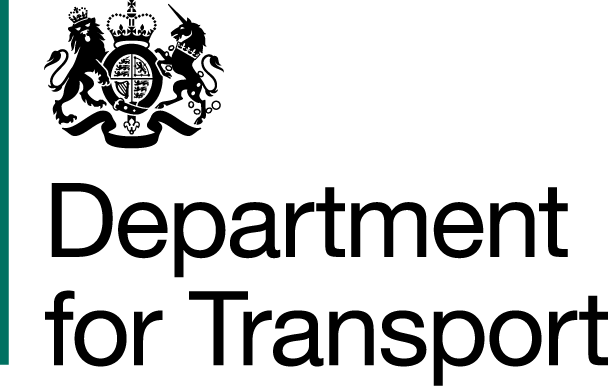If you're over 60 or have a disability, and live in Wales, you can apply for a Concessionary Travel Card
Find out what documents you can use as evidence of your age, address and/or disability for eligibility

What documents do I need to apply for a TfW Travelcard?
For all concessionary travel cards, we need you to provide evidence showing your name and date of birth. If you're applying for a Disabled Person's travelcard, you also need to provide evidence of your disability.
When applying you'll need:
If applying for a Disabled Person's travel card you'll also need to check:
Evidence of name and age
For all concessionary cards, we need you to provide evidence showing your name and date of birth.
You'll need to provide a copy of one of the following:
Current driving licence
This needs to be a current valid licence (we can't accept expired licences)
You can use this for proof of name, age and address
Current passport
This needs to be a current valid passport (we can't accept expired passports)
Birth certificate
This needs to bear your name, it's ok if it doesn't show your married name
If you can't find it, you can request a new copy from the General Register Office (GRO)
Evidence of address
For all concessionary cards we need to see evidence of your address.
- The evidence must show your registered name and address.
- It can be in a joint name, as long as your name is visible
You need to provide copies of any two of the following:
Please note: Unfortunately we can't accept bank statements or letters from the HMRC or NHS
Current driving licence
This needs to be a current valid licence (we can't accept expired licences)
You can use this for proof of name, age and address
Utility bill
This needs to be a recent bill from within the last 3 months
It must be a bill and not a direct debit plan
This can include a TV licence, water, electricity or gas bill
We can't accept a mobile phone bill however
Council tax bill or evidence of Council Tax exemption
This needs to show the date containing the current financial year
You can request an up-to-date bill from your local council
Benefit and pension document
This needs to show the date containing the current financial year
Confirmation you're on the electoral or school roll
You can request this from your local Electoral Registration Office
Registration with a local GP
This can be an official letter or registration card dated within the last 3 months, which shows your address, your GP’s address, and confirms that you are registered with the GP.
Evidence of rent payments
This needs to be a recent bill from within the last 3 months
Alternative evidence
Home office document confirming residency
Evidence of being a dependent of a person resident in the council's area
Evidence that you're in the care of your local council or an approved agency and you're a resident in the council's area
Evidence of disability
You're entitled to a concessionary travel card if you're an eligible disabled person and your primary residence is in Wales. You're eligible if you:
- Have a high enough level/award on state benefits such as PIP and DLA, or from the Veterans UK or MOD
- Registered blind or severely sight impaired (with the appropriate evidence to confirm this)
- Are profoundly or severely deaf
- Are without speech
- Have a disability, or have suffered an injury, which has a substantial and long-term effect on your ability to walk
- Don't have arms or have long-term loss of use of both arms
- Have a learning disability
- Would be refused a driving licence under Part III of the Road Traffic Act 1988 pursuant to section 92 of that Act (physical fitness)
- Are seriously injured armed personnel or veterans who fall within the above categories of disability
You'll need to provide evidence set by the Welsh Government by providing a copy of one of the following
The application can be processed fastest if you can provide proof of State benefits such as your PIP or DLA.
Department for Work and Pensions (DWP): DLA
Department for Work and Pensions (DWP) Disability Living Allowance (DLA) award letter, which gives details of a Higher Rate Mobility Component (HRMC) award.
Department for Work and Pensions (DWP): PIP
Department for Work and Pensions (DWP) Personal Independence Payment (PIP) Statment of Entitlement, which shows the current year and one of the following:
- 8 or more points under Descriptor 7 "Communicating verbally"
- 12 points under Descriptor 11 "Planning and Following a Journey"
- 8 or more points under Descriptor 12 "Moving around"
Please note: The PIP descriptors and their individual scores MUST NOT be added together
Veterans and MOD
Veterans UK Agency War Pensioners Mobility Supplement (WPMS) award letter on official headed paper
or
Ministry of Defence award letter under tariff 1-8 of the Armed Forces Compensation Scheme (AFCS) on official headed paper.
If your circumstances mean you don't have the above proof of state benefits, you can still apply and your application will be assessed by your local authority.
See below to find what alternative evidence you can provide.
Please contact your local Authority to check what evidence they require.
Physical impairment
Declaration from a medical professional that you meet one of the following criteria:
- An impairment or injury that has a substantial long-term adverse effect on your ability to walk
- Without arms or long-term loss of use of both arms
Vision impairment
A Certificate of Vision Impairment (CVI) from an opthalmologist which shows you have a high degree of sight loss in both eyes
- Severely sight impaired - cannot read, (with your glasses if worn_ the top letter of a standard eye test chart at a distance of 3 metres or less.
- Sight impaired - can only read (with your glasses if worn) the top letter of a standard eye test chart at a distance of 6 metres or less.
Hearing loss
A letter from an audiologist on official headed paper which shows you have "severe" or "profound" hearing loss across both ears
- Severely deaf 70-94 decibels (dBHL)
- Profoundly deaf 95 decibels (dBHL) or more
Speech impairment
Declaration from a medical professional that you cannot speak - you're unable to communicate orally in any language.
Learning disability or cognitive impairment
Declaration from a medical professional that you have a cognitive impairment that reduces your ability to understand some complex information, a difficulty in learning new skills and may be able to cope independently.
DVLA
Confirmation from the DVLA that you would be refused a driving licence under Part III of the Road Traffic Act 1988 pursuant to section 92 of that Act (physical fitness)
Please note the refusal of a driving licence on the grounds of persistent misuse of drugs or alcohol will not be accepted.
Do you have more questions about your application for a concessionary travel card? Browse through our travel card FAQs and see if we’ve got the answers.
-
Savings & OffersConcessionary travel cardGet free or discounted travel on the buses and selected train routes with a free concessionary travel car - if you're over 60 or have a disability, and live in WalesApply now
Need help?
Difficult to find the documents you need?
Our team can help you with your application.
Contact our concessionary travel card team
03003 034 240
travelcards@tfw.wales



